Richard Pearce
Birth : 1943-01-25, San Diego, California, USA
History
From Wikipedia, the free encyclopedia.
Richard Pearce (born January 25, 1943 in San Diego, California) is an American film director and producer.
He prepped at St. Paul's School and then earned a B.A., English from Yale University in the Class of 1965. While in college, he was a guitarist for, and a leader of, the Augmented Seven, a singing group that featured three guitarists. It was the only singing group at Yale at that time that was not strictly a cappella. He was also a member of Scroll and Key Society.
Pearce is credited as the cinematographer of Hearts and Minds (1974), documentary film about the Vietnam War. He won the Golden Bear award at the 30th Berlin International Film Festival in 1980 for his film Heartland.
Description above from the Wikipedia article Richard Pearce, licensed under CC-BY-SA, full list of contributors on Wikipedia.
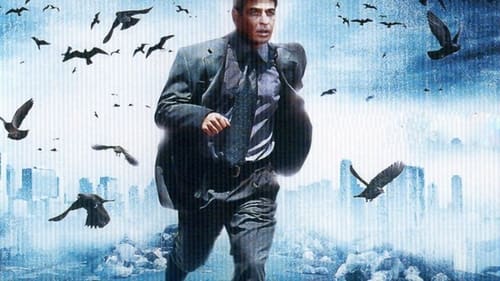
Director
An outbreak of avian flu mutates into a virus that becomes transmittable from human to human.
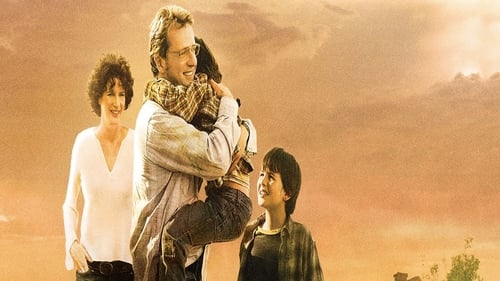
Director
Tom Guthrie, a high school history teacher, is faced with raising two young sons after his wife leaves him. Maggie Jones, a fellow teacher, tries to provide comfort and support.

Director
Director Richard Pearce (The Long Walk Home, Leap of Faith, A Family Thing) traces the musical odyssey of blues legend B.B. King in a film that pays tribute to the city that gave birth to a new style of blues. Pearce's homage to Memphis features original performances by B.B. King, Bobby Rush, Rosco Gordon and Ike Turner, as well as historical footage of Howlin' Wolf and Rufus Thomas.

Director
During World War II in the South Pacific love is found between a young nurse, Nellie Forbush and an older French plantation owner, Emile de Becque. The war is tearing them apart.
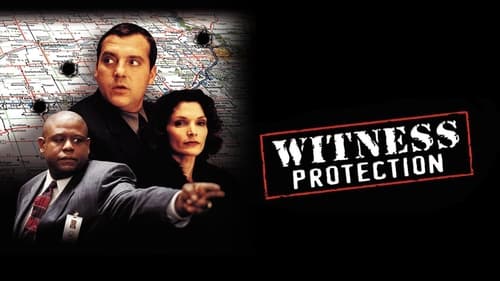
Director
Would you be willing to walk away from everyone and everything you've ever known in exchange for your safety? This is the question facing career criminal Bobby "Bats" Batton (Tom Sizemore); on the outs with the mob and facing prosecution for a number of serious crimes, Batton is offered a deal by the FBI in which he will be given immunity in exchange for testifying against his former partners. However, Batton will have to join the Federal Witness Protection Program, which means that he, his wife, and his children will never again see their friends and family.
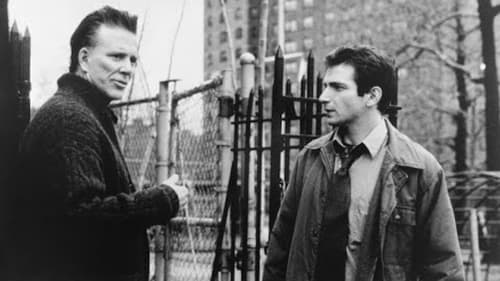
Director
Griffin Byrne is the idealistic new history, English and maths teacher in Father Frank Larkin's school in a mainly Latino ghetto neighborhood where most kids, even many of its graduates, end up in crime and poverty. He takes a particular interest in one of the boys nobody believes will ever come to anything, Lee Cortes, who he finds to be a prodigy in cartoon drawing but who never spoke a word at school, and always wears a Walkman, essentially because of his home situation: his elder brother Tyro, a drug dealer, abuses him and his mother, so he often stays home to mind the smallest siblings. Griffin tries everything to help Lee, despite everyones cynicism, even takes him in his bachelor flat, but finds the whole family situation must be solved, which is probably beyond his power, yet tries tireless, even if he gets nothing but abuse and the results seem to do more hurting then helping...
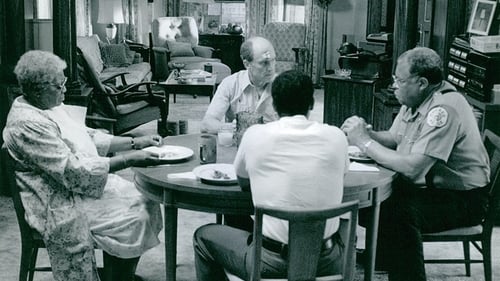
Director
Earl Pilcher Jr., runs an equipment rental outfit in Arkansas, lives with his wife and kids and parents, and rarely takes off his gimme cap. His mother dies, leaving a letter explaining he's not her natural son, but the son of a Black woman who died in childbirth; plus, he has a half brother Ray, in Chicago, she wants him to visit. Earl makes the trip, initially receiving a cold welcome from Ray and Ray's son, Virgil. His birth mother's sister, Aunt T., an aged and blind matriarch, takes Earl in tow and insists that the family open up to him.

Director
Jonas Nightengale is a fraudulent Christian faith healer who makes a living travelling around America holding revival meetings and conducting 'miracles' with the help of his friend and manager, Jane, and their entourage.
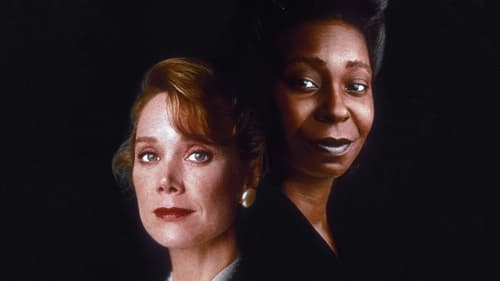
Director
Two women, black and white, in 1955 Montgomery Alabama, must decide what they are going to do in response to the famous bus boycott led by Martin Luther King.
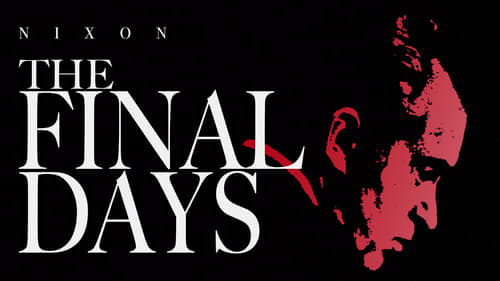
Director
The Final Days concerns itself with the final months of the Richard Nixon presidency.

Director
A psychiatrist is sent to evaluate if a convicted multiple murderer who's awaiting execution on Death Row for eighth year now and whose behavior during that time got more and more erratic is still mentally fit to be executed.
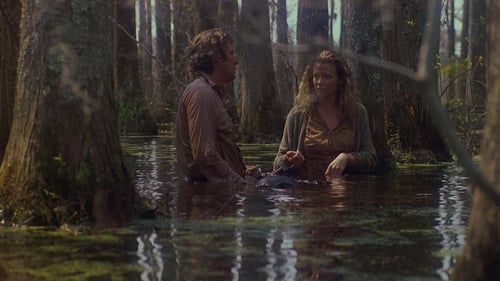
Director
An unconventional undercover Chicago cop and his partner are recruited to commit the murder of a New Orleans criminal kingpin.

Director
Jewell and Gil are farmers. They seem to be working against the odds, producing no financial surplus. Gil has lost hope of ever becoming prosperous, but Jewell decides to fight for her family.

Cinematography
Robert Preston hosts this documentary that shows what people of the 1930s were watching as they were battling the Depression as well as eventually getting ready for another World War.

Director
High-priced call girl Lee Churchill, is examining her life via therapy "sessions". Her double life is unknown to her parents, sister and "straight" man with whom she falls in love.

Director
Celebrated heart surgeon Thomas Vrain supports the research of an offbeat scientist who has invented an artificial heart. Against the advice of the Ethics Committee, Dr. Vrain decides to perform the first artificial heart transplant.
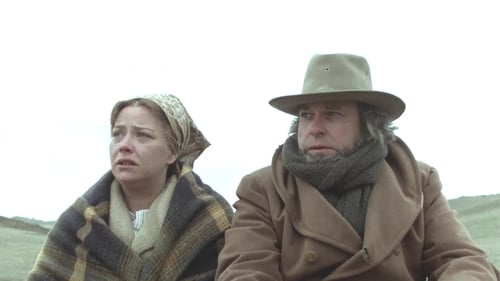
Director
Widowed Elinor Randall and her young daughter Jerrine arrive in a barren stretch of Wyoming in 1910 after Elinor's application for work as a housekeeper is accepted by Clyde Stewart, a rancher. The work is back-breaking and the isolation is brutal, particularly as winter arrives. Elinor begins to think about homesteading her own property near Stewart's ranch, but Stewart tries to dissuade her with explanations about the killing conditions and poor rewards, especially for a woman with no man to help her ranch. Although their temperaments are different and little affection exists, Elinor and Stewart agree to marry and combine homesteads. What lies ahead is the severest test of all.
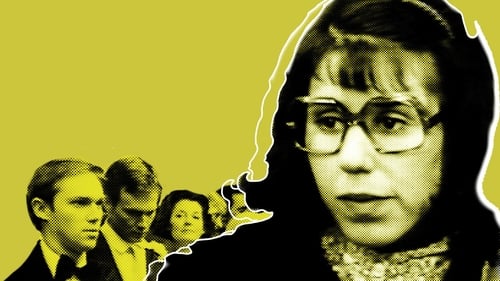
Director
A young marginally intellectually-disabled girl and boy meet, plan to marry, and convince the world that they are entitled to a life of their own -- despite attempts by the girl's parents to separate them.

Director
A drama about a community of senior citizens who are terrorized by a ruthless neighborhood gang. After learning that the police are stymied because the victims are too scared to testify against the bullying leader, a semi-retired toolmaker decides to take a stand.

Director
Based on true events which took place in the mill town of Graniteville, South Carolina in 1876, the story follows the rich Greggs, who run the mill, and the poor McEvoys, who work there. The animosity between their sons leads to tragedy.
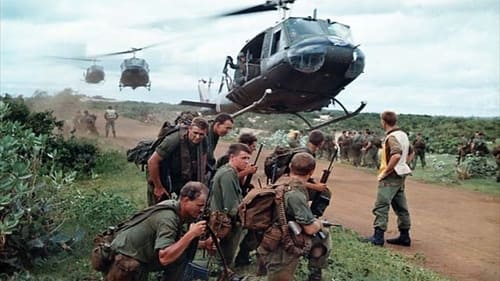
Camera Operator
Many times during his presidency, Lyndon B. Johnson said that ultimate victory in the Vietnam War depended upon the U.S. military winning the "hearts and minds" of the Vietnamese people. Filmmaker Peter Davis uses Johnson's phrase in an ironic context in this anti-war documentary, filmed and released while the Vietnam War was still under way, juxtaposing interviews with military figures like U.S. Army Chief of Staff William C. Westmoreland with shocking scenes of violence and brutality.

Associate Producer
Many times during his presidency, Lyndon B. Johnson said that ultimate victory in the Vietnam War depended upon the U.S. military winning the "hearts and minds" of the Vietnamese people. Filmmaker Peter Davis uses Johnson's phrase in an ironic context in this anti-war documentary, filmed and released while the Vietnam War was still under way, juxtaposing interviews with military figures like U.S. Army Chief of Staff William C. Westmoreland with shocking scenes of violence and brutality.
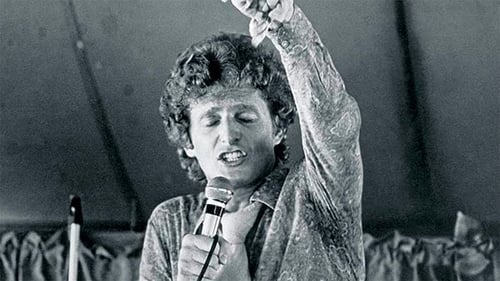
Director of Photography
Part documentary, part expose, this film follows one-time child evangelist Marjoe Gortner on the "church tent" Revivalist circuit, commenting on the showmanship of Evangelism and "the religion business", prior to the start of "televangelism".

Director of Photography
Interviews with five former American soldiers who were present at the March 16, 1968 attack on the village of My Lai during the Vietnam War; they discuss the orders that were issued leading up to the attack, their expectations of what they would find there, and the subsequent massacre of the inhabitants and destruction of the village, as well as possible motivations for the killings and rapes which took place.

Camera Operator
An intimate look at the Woodstock Music & Art Festival held in Bethel, NY in 1969, from preparation through cleanup, with historic access to insiders, blistering concert footage, and portraits of the concertgoers; negative and positive aspects are shown, from drug use by performers to naked fans sliding in the mud, from the collapse of the fences by the unexpected hordes to the surreal arrival of National Guard helicopters with food and medical assistance for the impromptu city of 500,000.














